Global Security Environment
Expertise
Divisions
Special Programs
Centers
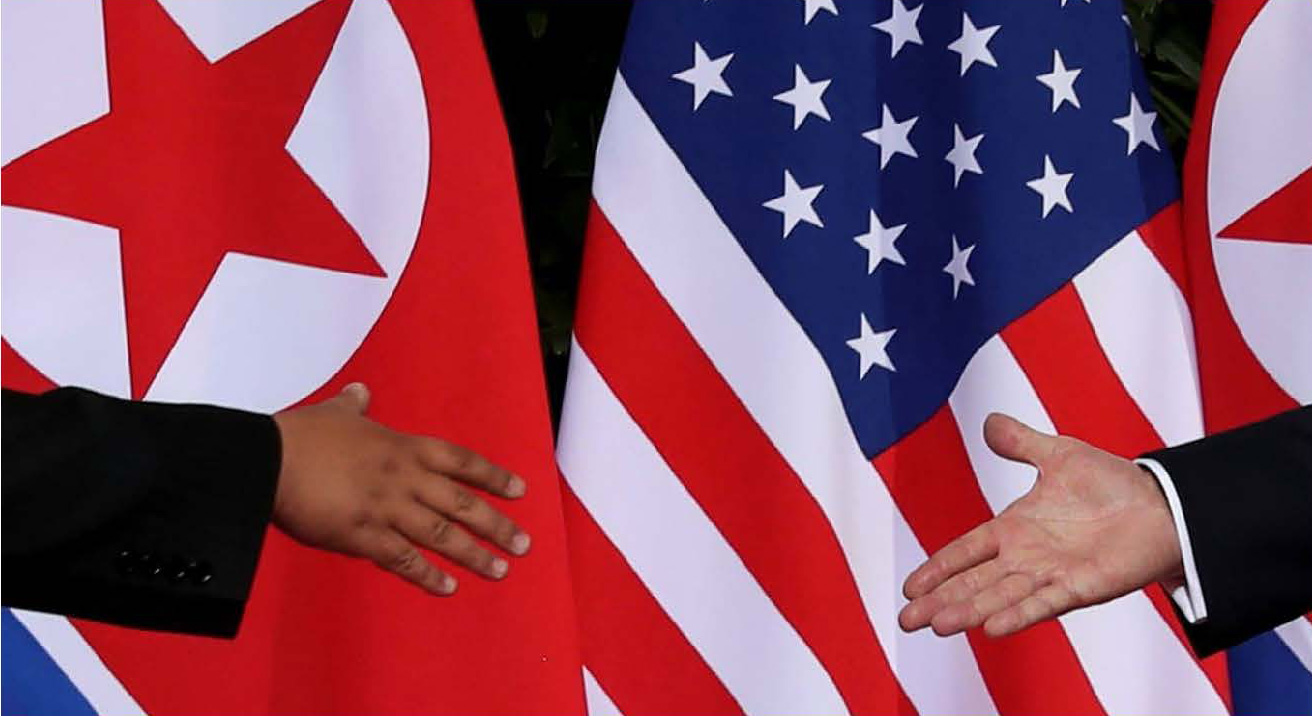
North Korea: A Case Study of Asymmetric Relations
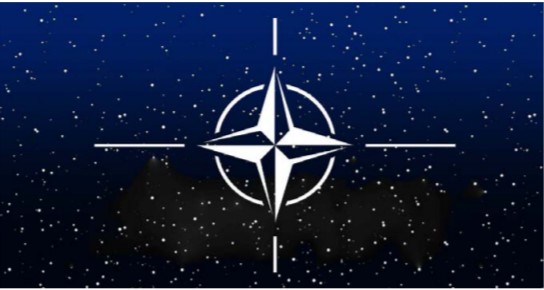
NATO Ally Contributions to the Space Domain

North Korea’s Arena of Asymmetric Advantage: Why We Should Prepare for a Crisis in the Yellow Sea
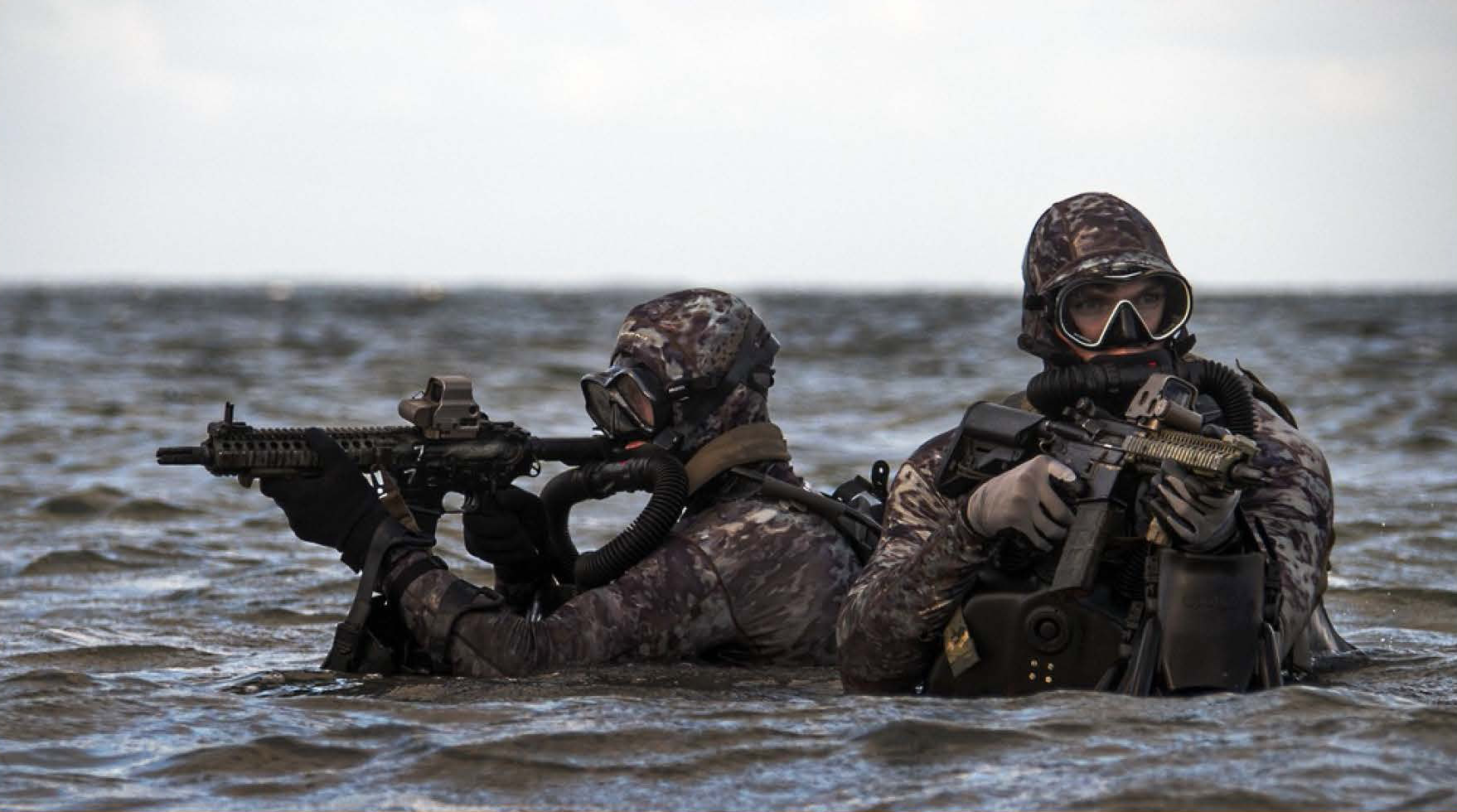
Maritime Sabotage: Lessons Learned and Implications for Strategic Competition

China’s Efforts to Shape the Information Environment in the Mekong Region
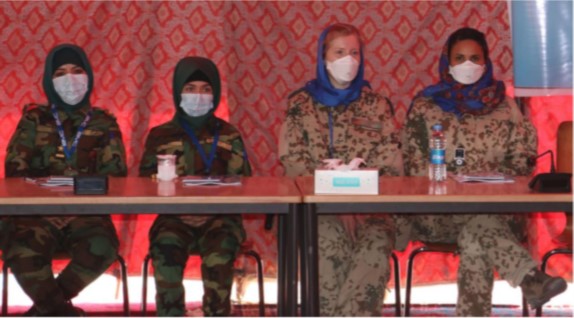
The Women, Peace, and Security Agenda: Cross-Regional Challenges and Opportunities

Viral Extremism: COVID-19, Nontraditional Threats, and US Counterterrorism Policy
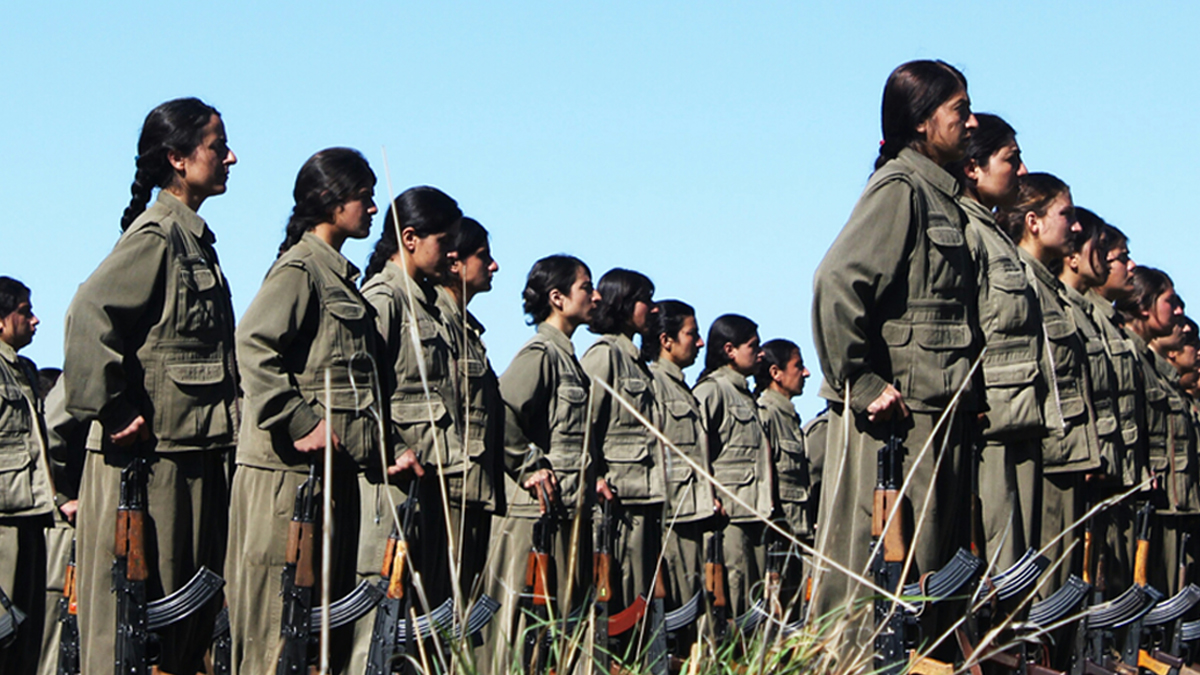
Understanding Gender and Violent Extremism
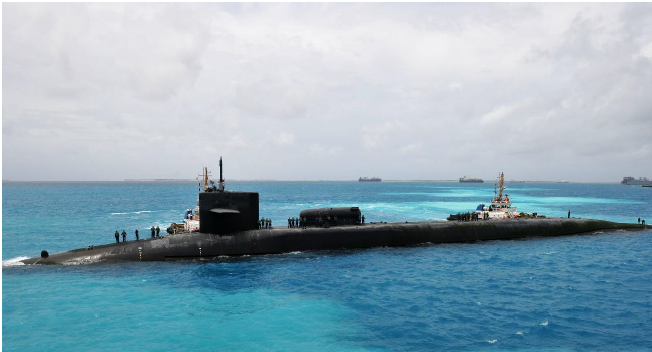
Diego Garcia: US and Allied Basing Rights in the Era of Great Power Competition

Mapping the Information Environment in the Pacific Island Countries
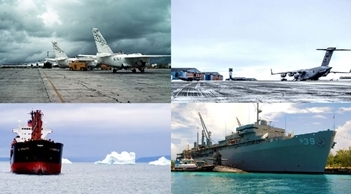
Basing Rights and Contested Sovereignty in Greenland and Diego Garcia: The Impact of Decolonization on US and Allied Access in the Era of Great Power Competition
Iranian Action in Syria: Military Operations, Soft Power Influence, and Implications for the United States

Promoting Civilian Protection during Security Assistance: Learning from Yemen

The Relationship Between Colocation and Reenlistment in the Marine Corps
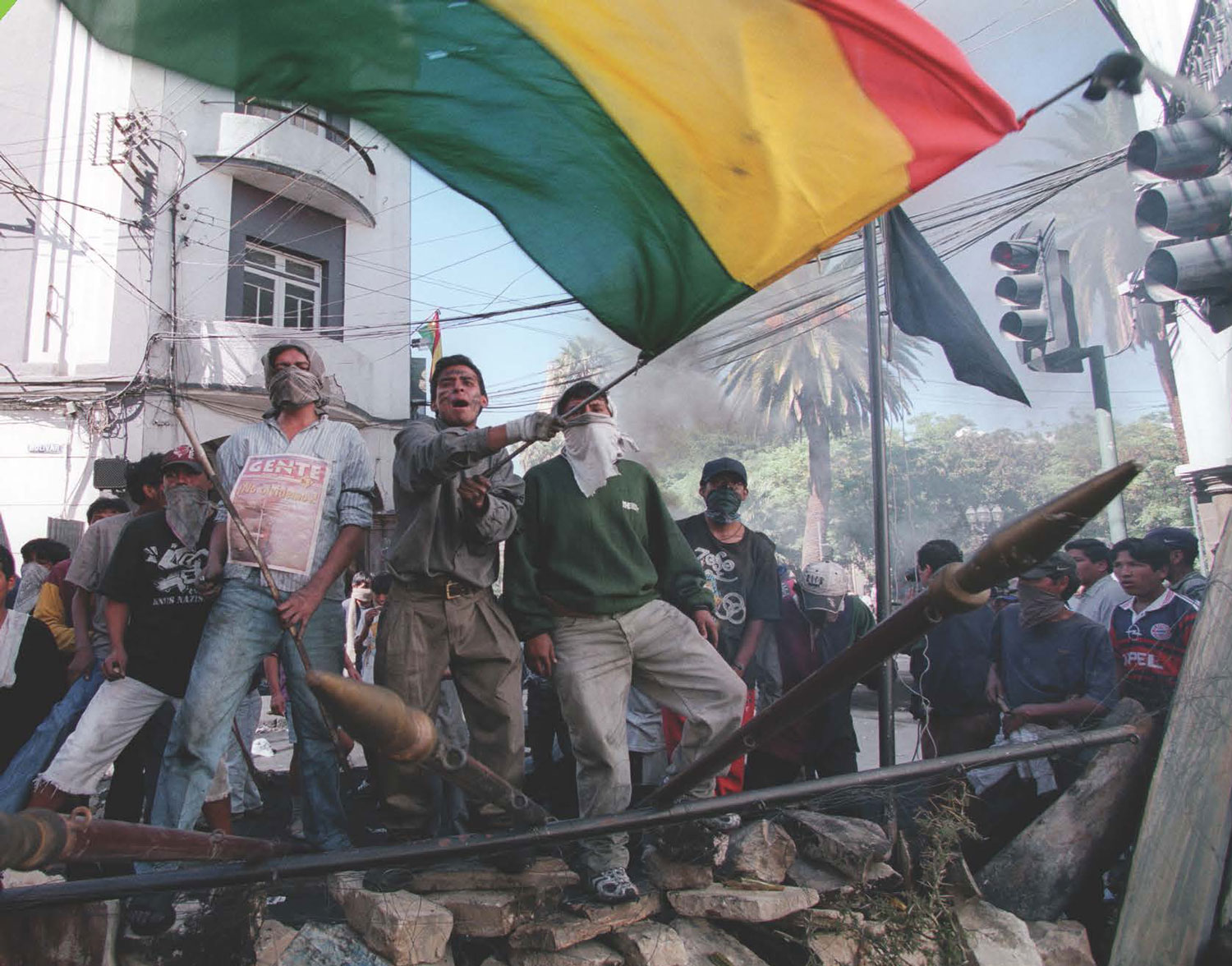
The Role of Water Stress in Instability and Conflict

Transnational Challenges and U.S. National Security: Defining and Prioritizing Borderless Threats
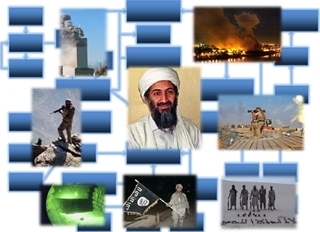
Future Policy Options for U.S. Efforts Against Al-Qaeda

Independent Assessment of U.S. Government Efforts against Al-Qaeda
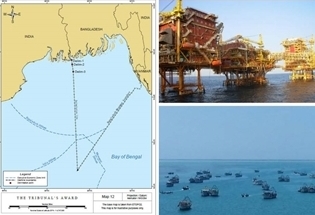
Bangladesh v. India: A Positive Step Forward in Public Order of the Seas

Advanced Energy and U.S. National Security

Shining a Light on the Western Balkans: Internal Vulnerabilities and Malign Influence from Russia, Terrorism, and Transnational Organized Crime

Sources of Resilience in the Lord’s Resistance Army

The Same, Yet Different: United States and Gulf State Interests in the Post-Arab Spring Maghreb
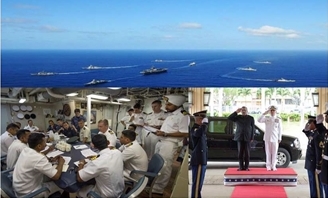
The Future of U.S.-India Naval Relations
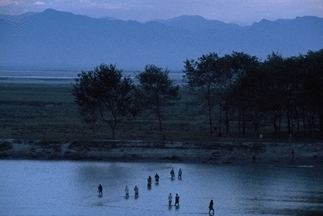
Water Resource Competition in the Brahmaputra River Basin: China, India, and Bangladesh